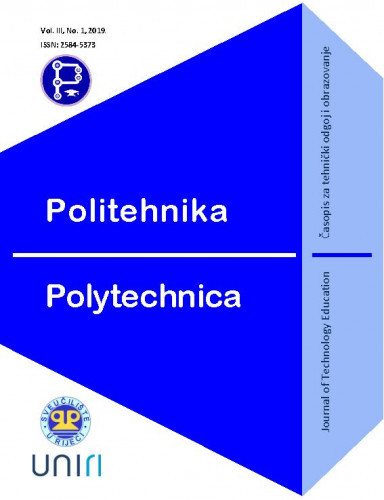Polazeći od činjenice da je kompostiranje prirodni proces biorazgradnje kojim nastaje humus, u radu je analiziran nastanak procesa kompostiranja i istaknuta njegova višestruka korist za biljni, životinjski svijet i za ljude. Naglašava se dobrobit komposta i u usporavanju globalnog zatopljenja, jer se poboljšanjem strukture tla, povećava i udio ugljika u njemu. Obrađene su osnovne faze koje se odvijaju u zemlji kako bi nastao kompost kao finalni proizvod, a prikazane su i okolnosti koje se mogu javiti prilikom samog procesa kompostiranja, poput neugodnih mirisa, prevelike vlažnosti ili suhoće zemlje i odviše prisutnih kukaca. Autori se zalažu za primjenu kućnog kompostiranja, čime se odvaja i smanjuje količina kućnog otpada, jer više od 30% otpada čini biootpad i naglašavaju da se kućnim kompostiranjem ujedno od otpada stvara vrijedan proizvod koji doprinosi plodnosti tla.; Given that composting represents a natural process of biodegradation the product of which is humus, the paper analyses the onset of composting process and highlights its numerous benefits for flora, fauna and humans. Emphasized is the role compost has in reducing the effects of global warming through improving soil structure and the amount of carbon captured in it. Basic stages are described that take place in the soil the output whereof is compost, and issues that can arise during the composting process are listed, such as odours, excessive humidity or dryness of soil, and disproportionate presence of insects. The authors advocate implementation of home composting by which separation and reduction of volumes of municipal waste are achieved as bio-waste makes more than 30% of municipal waste and also point out that home composting results in a valuable product which contributes to soil fertility.
Sažetak

 Politehnika : časopis za tehnički odgoj i obrazovanje = Polytechnica : journal of technology education : 3, 1(2019) / glavni i odgovorni urednici, editors in chief Marko Maliković, Damir Purković.
Politehnika : časopis za tehnički odgoj i obrazovanje = Polytechnica : journal of technology education : 3, 1(2019) / glavni i odgovorni urednici, editors in chief Marko Maliković, Damir Purković.